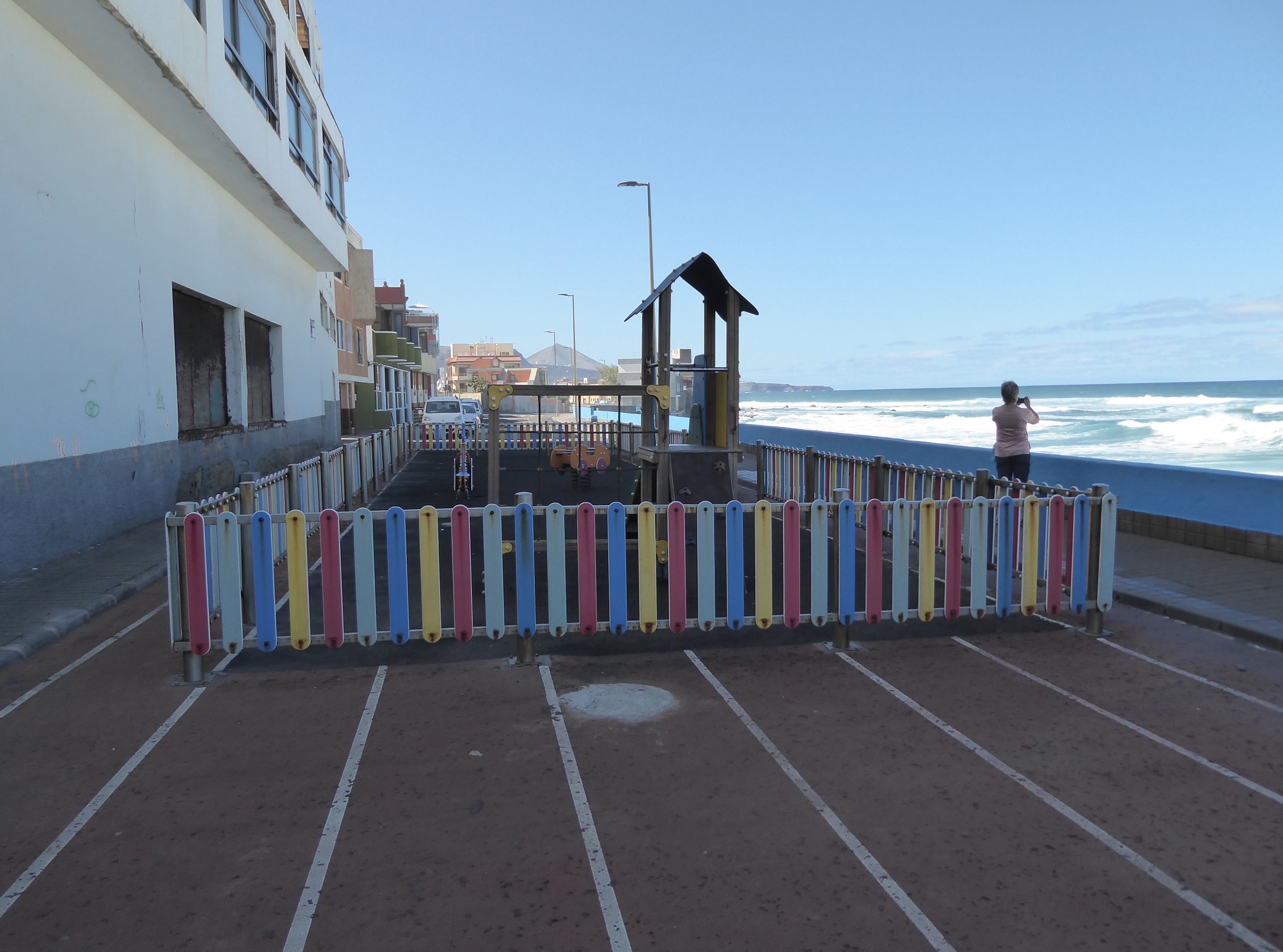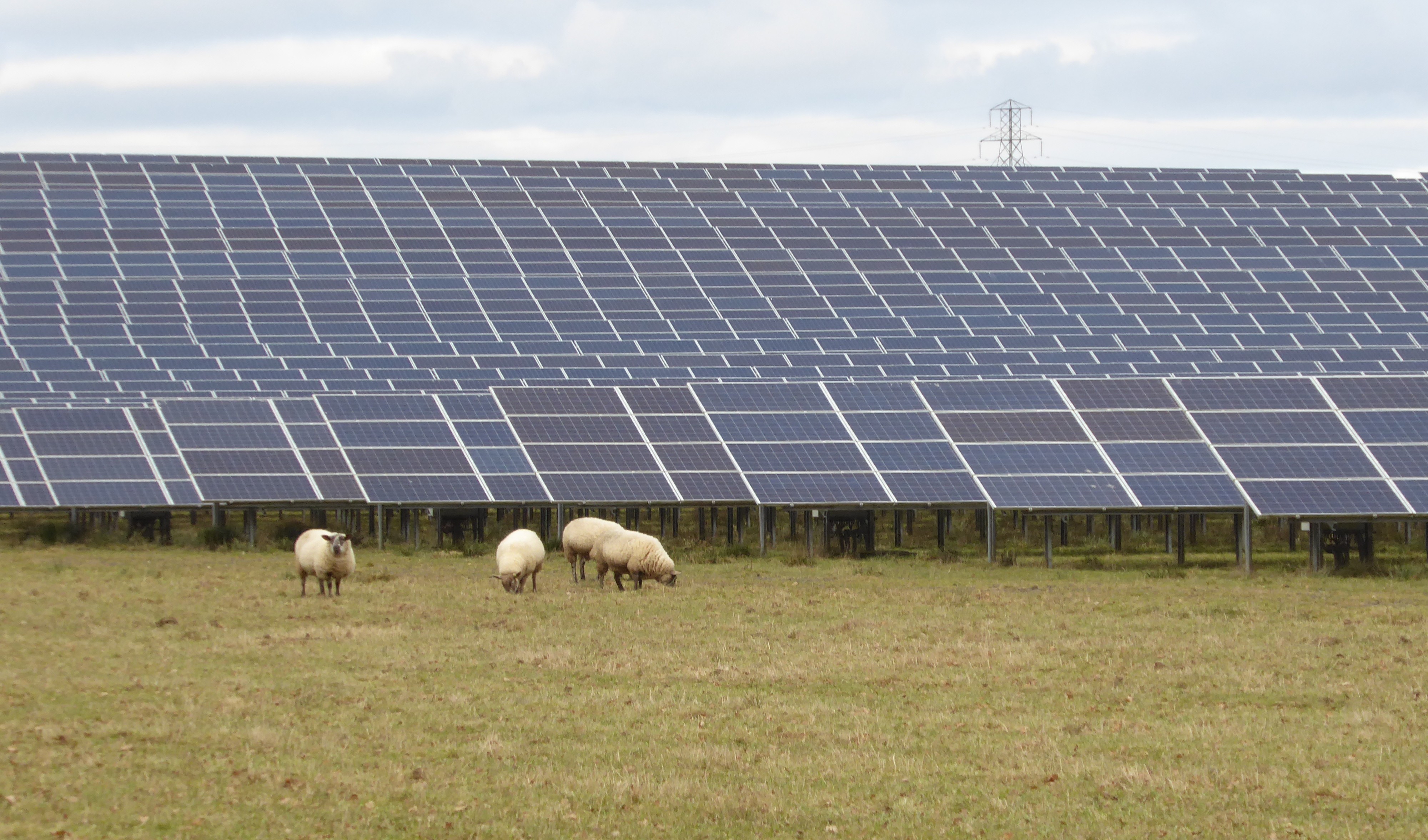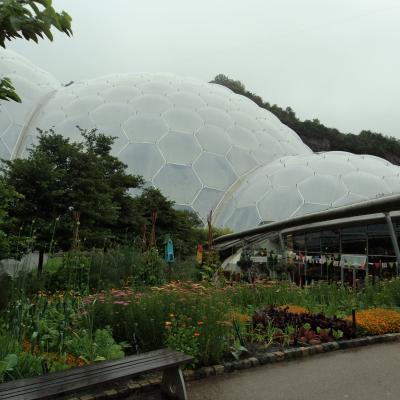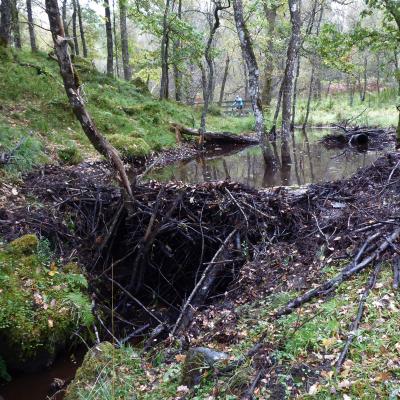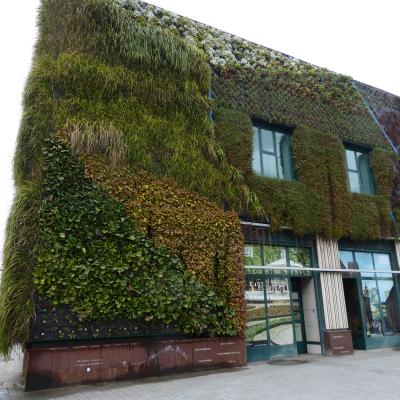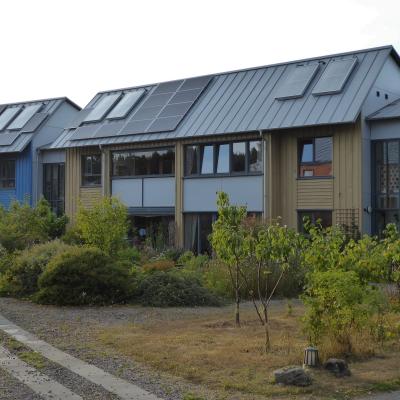What if every country promoted electric cars like Norway, reforested like Costa Rica, promoted cycling like Holland, invested in renewable energy like Paraguay and ate a vegetarian diet like many people in India? Could this solve our climate crisis?
Liveable Cities
Liveable cities are those with a high quality of life for people. Affordable housing, efficient public transport, low levels of air pollution, good quality public services and access to green spaces.
Cities that are dominated by private cars are very unlikely to quality as liveable cities:
- Oslo banned private cars from the city centre in 2015 and turned car park spaces along roads into cycle lanes.
- Barcelona has created ‘superblocks’ in housing estates where cars are restricted. Roads and car parks have been turned into playparks and plazas. If cars are allowed, they are restricted to 10kph. This enables children to play outdoors once again in safety.
- London brought in the congestion charge to reduce air pollution. This has reduced traffic congestion and made central London more cycle friendly.
Cycling – The Netherlands
27% of all journeys are undertaken by bike in Holland, rising to 38% in Amsterdam. This is supported by excellent cycling infrastructure such as cycle paths, protected junctions and bicycle parking.
None of this was inevitable. Like other ‘developed’ countries the Dutch took to the private car in the 1950’s and 1960’s. It was only when people took to the streets to campaign against the high number of child deaths on the roads that Government policy changed to support cycle infrastructure and to restrict urban motor use.
Now the needs of cyclists are considered at all stages of urban planning, with many ‘living streets’ which prioritise cyclists and pedestrians over cars. There is a ‘strict liability’ law meaning that the driver’s insurer is deemed to be liable to pay for damages after most crashes, and interestingly, there are no compulsory bicycle helmet laws – deemed to be unnecessary with traffic calming and dedicated cycle lanes.
Public Transport – Luxembourg
Since 2020, trains, trams and buses within Luxembourg are free to use by residents and tourists. The aim is to ease traffic congestion, reduce air pollution and to increase social equity. There is a target to increase public transport use by 20%.
However, Luxembourg is still plagued by high levels of car ownership and congestion. There are low taxes on petrol and diesel and many still prefer the door-to-door convenience of private cars. This demonstrates that you need good affordable public transport alongside restrictions on private car use.
Electric Cars – Norway
Norway has the highest proportion of electric cars in the world. 79% of new cars sold in 2022 were electric, with over 20% of all cars on the road now electric (there is a 5–10-year time lag). This was driven by a VAT exemption for electric cars, and incentives such as access to bus lanes and exemption from road tolls. Norway plans to ban the sale of petrol and diesel cars in 2025, including hybrid cars [the UK is proposing a ban on hybrid cars by 2035]!
Renewable Electricity
Several countries are already near 100% powered from renewable electricity sources. This includes Iceland (geothermal and hydro), Costa Rica, Bhutan and Paraguay (hydro-electric). 56% of Denmark’s electricity comes from wind-power, whilst solar pv creates around 15% of the electricity used by both Yemen and Spain. Renewables, mainly wind, provide enough electricity to power 100% of Scotland’s annual electricity demand.
Whilst the countries reliant on hydro power have done so for economic reasons, the transformation of the electric grid in the UK (and Scotland) has been promoted by Government policy. A carbon price of £18 per tonne was the ‘stick’ to price out coal generation, whilst ‘contracts for difference’ worked as a subsidy for new wind generation. In 1990, coal generated 75% of the UK’s electricity. This fell to 2% in 2019.
Energy Efficient Appliances – the EU
Since 1995 large household appliances have been sold across the EU with an energy efficiency label attached to them. This led to a transformational improvement in the energy efficiency of washing machines, dishwashers, tumble dryers, ovens, fridges and freezers and light bulbs. As manufacturers easily achieved the ‘A’ standard; new A+, A++ and A+++ categories were introduced. In 2021 even tighter standards took effect, with appliances now rated between an A and G.
As a result, the average fridge-freezer will use two-thirds less energy by 2030. Energy reductions from the shift to LED light bulbs are even greater, around 90%.
Heat Pumps – Norway
Despite its cold climate, 1.4 million homes, a remarkable 60% of all houses in Norway are kept warm by domestic heat pumps powered by renewable electricity. This has come about through many years of supportive policies, helped by low electricity prices due to the abundance of hydro-electric power. In 2016 the Government banned oil filled boilers in new domestic buildings, and in 2020 this ban was extended to existing buildings. Owners had three years to convert from oil and were entitled to grants and loans to help them with this change.
Heat Networks – Denmark
Following the oil crisis in the 1970’s, the Danes began a steady process of installing district heat networks to heat homes and commercial properties. This has now extended to cover 97% of Copenhagen, a city of 1.3 million, and to two-thirds of all homes in Denmark. Originally the source of heat was waste heat from coal fired power stations, but over the years this has gradually shifted towards using waste heat from waste incinerators and from renewable sources such as biomass.
India – Vegetarianism
Our diets are affected by the culture, society and religion we were brought up with. People influence each other. So, vegetarianism is not exactly led by Government policy, but is still something that can be influenced.
The average American eats 100kg of meat per year, versus 4kg for someone living in India.
There are an estimated 400 million vegetarians in India, 26% of the population, mainly amongst Hindus. However, many Buddhists, Jains and Sikhs are vegetarian too. Whilst Hindus are not automatically vegetarian, they consider cattle to be holy and will not eat beef.
Israel has the largest proportion of vegans, at around 5%, with an additional 13% vegetarian.
Reforesting - Costa Rica
Whilst most developing countries in the tropics are still cutting down or burning their forests, Costa Rica has spectacularly reversed this trend.
Costa Rica cut down its forests in the 1950’s and 1960’s to make way for huge cattle ranches, pineapple farms and palm oil plantations. In 1997 the Government began a scheme to pay small landowners to reafforest their land funded by a tax on fuel and from the revenue from tourism. Deforestation has reversed, and forest cover has increased from 21% in 1987 to around 70% today.
Landowners need to apply for permission to cut trees, pesticides have been banned for use near watercourses, and there is a ban on new palm oil and banana plantations. And for what? To encourage eco-tourism. Tourism accounts for 8% of the economy and 200,000 jobs – all year round.
Conclusion
What if every country banned the sale of petrol cars in 2025 like Norway? What if we all cut back on our meat consumption? What if every country followed the leaders?
These are just a few examples from around the world where government policy has led the way and made a significant change. Encouragingly these changes are good for people and the planet.
Each country has its own starting point and culture; but imagine if every country followed the example of these trailblazers. This would make a huge difference. No need to reinvent the wheel.
Can you think of any other examples of world leading climate friendly policies? Please send your suggestions to me at This email address is being protected from spambots. You need JavaScript enabled to view it..
If you like this blog, please share it with your friends and on social media.
Carbon Choices
Don’t miss my future blogs! Please email me at This email address is being protected from spambots. You need JavaScript enabled to view it. and I will send you each new blog as I publish them.
You might also enjoy my book, Carbon Choices on the common-sense solutions to our climate and nature crises. Available from Amazon or a signed copy direct from me. I am donating one third of profits to rewilding projects.
Follow me:
@carbonchoicesuk (twitter) @carbonchoices (Facebook) @carbonchoices (Instagram)
